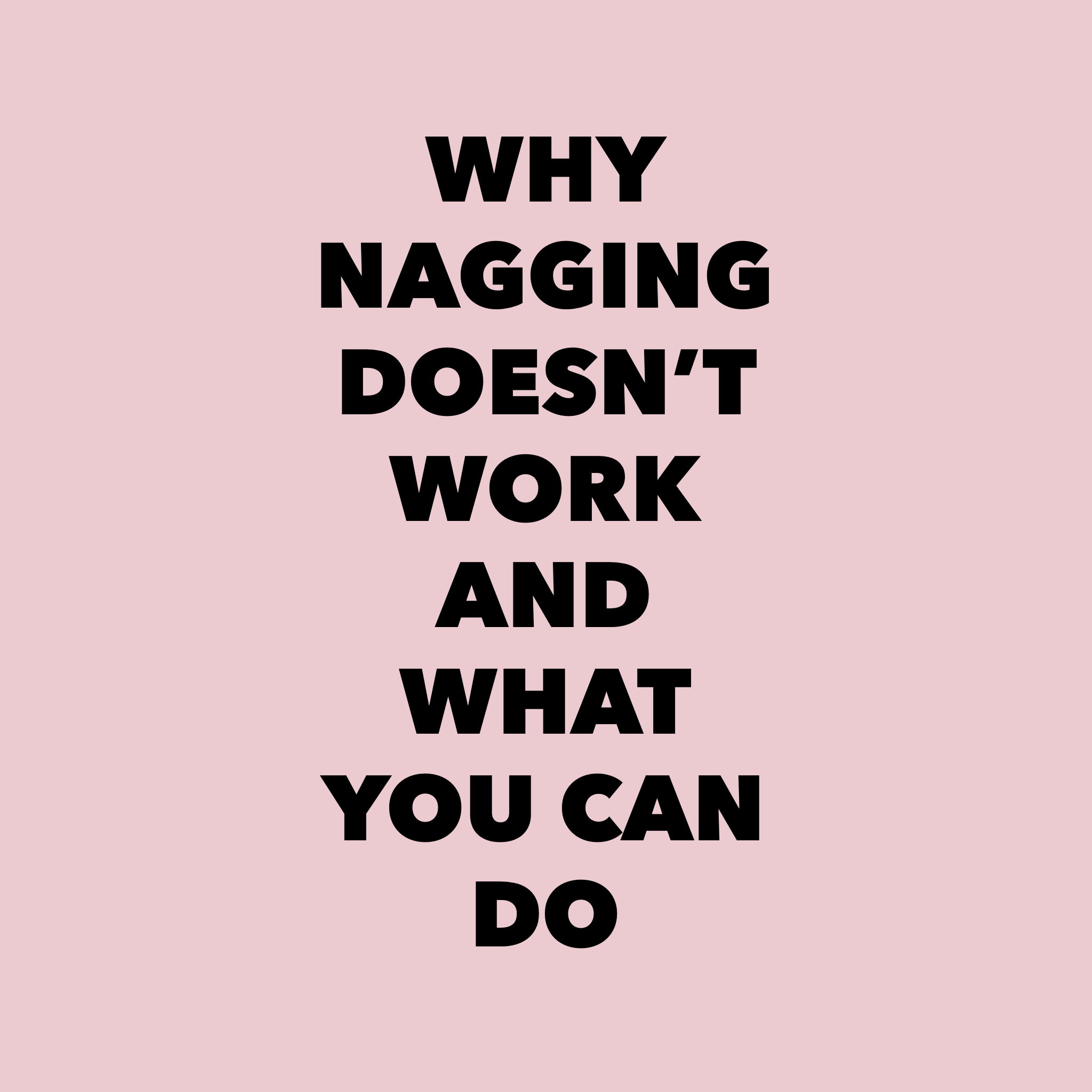
30 Sep Why nagging doesn’t work and what you can do
“Stop nagging me to stop nagging you!”
Nagging is something we fall into doing, usually knowing full well that its not the best way of motivating our kids. When I hear myself do it I get sick of the sound of my own voice very quickly and so do my children, anyone else?!
Nagging is habitual, so we need to think about how we can break the habit and communicate in a more effective way. Maybe your parents nagged you and your own ‘parent’ voice comes from that experience. If so, you’ll know a little about how your child might be feeling when you do it. I wonder what messages you took in about yourself as a child when your parents nagged you? It’s unlikely that they intended for you to feel that way, just as you don’t intend for your child to feel bad.
However you are choosing to raise your children, at some point in the day you may need to motivate them/ seek their cooperation/ ask them to do things. This needn’t be a battle or leave anyone feeling unheard or miserable, including you.
Take a moment to think about a time that someone effectively motivated you to do something.
What happened?
What did they say and do?
How did that work for you?
Chances are that they connected with you first. They recognised what was going on for you and how you might be feeling. They were empathetic. They didn’t judge you and they didn’t belittle you or tell you what a bad person you are for not having taken action previously.
For example, a manager who recognises your full schedule and engages in discussion with you about a new piece of work, rather than commanding ‘Do it!’ is more likely to get your cooperation. They certainly wouldn’t get very far if they started with ‘Why do you never get on with what I tell you? you’re so lazy’.
In the ‘When your kids push your Buttons’ course we talk about the gap between what a parent’s intended message is and what is actually heard by the child. There are two key elements to avoid creating a gap:
Acknowledge the influence of your own ‘agenda’ and put it to one side.
We are all much more likely to lose it if we have a loaded agenda (e.g. time pressure, how we feel physically/emotionally, other external pressures). Take a moment to tune into your own agenda and how it is influencing your thoughts and behaviour. Can you put it to one side? Or maybe you need to explicitly own it e.g. ‘Wow, I’m feeling really grouchy – I didn’t get much sleep’. If we unconsciously take it into our conversation with our child then we risk sending them messages that were not intended via body language, tone of voice and what we say.
Acknowledge your child’s ‘agenda’ (i.e. what is going on for them in their world)
Example: Your child is engrossed in watching their favourite TV show, you need to leave the house, you might say:
‘I know you’re enjoying watching your TV show, we need to go out; let’s pause it and you can watch it later’.
If they are upset/angry then genuinely meet and acknowledge that emotion ‘Its ok you feel angry, sometimes we can feel angry when we don’t get to do the thing we want to do’. They need to feel heard. The more they feel your genuine empathy, the more likely they are to calm and cooperate. You are helping them contain their feelings. It’s only really possible to do this if you have attended to your own.
We probably won’t manage this every time we would like to, old ways of communicating take time to change. By simply raising your consciousness of it you will increase your chances of doing it. It beats nagging any day of the week!
Sometimes all of this feels impossible. If you are struggling to stay calm and regularly find yourself getting your buttons pushed the ‘When your kids push your Buttons’ course will help you address the root cause. You can access it here now: Online Course – When Your Kids Push Your Buttons

Sorry, the comment form is closed at this time.